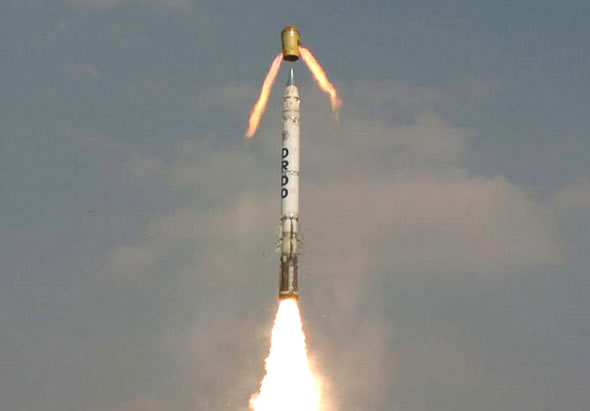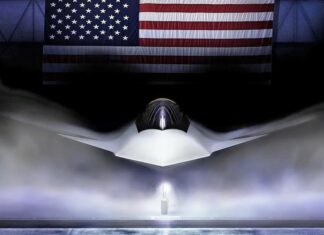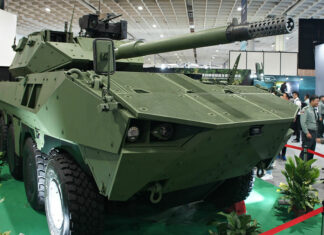India has tested the Shourya nuclear-capable surface/surface missile September 24, 2011, at the Integrated Test Range (ITR) at Chandipur off Orissa coast, about 15 km from Balasore. The missile took off from a 35 foot, underground silo. Shourya is a derivative of the K-15 missile developed by the DRDO for the Indian Navy submarines. The launch marks the second developmental trial of the missile. The first was conducted on November 12, 2008. Both tests were successful.

The missile is being developed by the Indian Defence Research Development Organisation (DRDO). The two-stage missile is powered by solid propellant. The weapon is described as a ‘hybrid’ missile, that can shape its descent trajectory. To achieve this capability in atmospheric flight the missile uses aerodynamic flight controls enabling sufficient maneuverability to reduce the missile’s vulnerability to missile interceptors while rendering it more accurate for conventional attack. The range of the missile is 750 kilometers.
The Shourya missile can carry a warhead weighing one ton, a weight sufficient for a nuclear device. However, its massive warhead combined with relatively high accuracy of less than 20-30 meters (GPS aided INS) make the Shourya effective for conventional attack of high value targets. Shourya is scheduled to enter service with the Indin Army in 2013.
At Defexpo 2010 the missile was displayed without the container shroud, mounted on a land-mobile erector-launcher. According to V K Saraswat of the India Defense Research and Development Organization (DRDO), the Shaurya can be launched from under water as well as from land. The K-15 missile is contained in a gas-filled canister stored inside the submarine’s hull and uses a two-stage solid propelled rocket after launch. To achieve high accuracy, the missile can perform trajectory corrections using an on-board inertial navigation system.
















